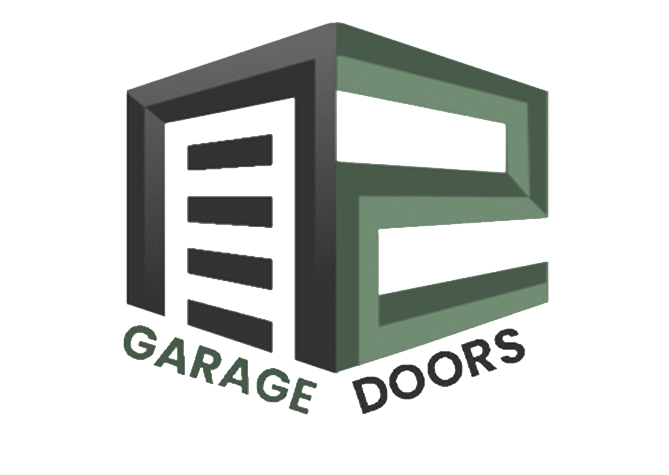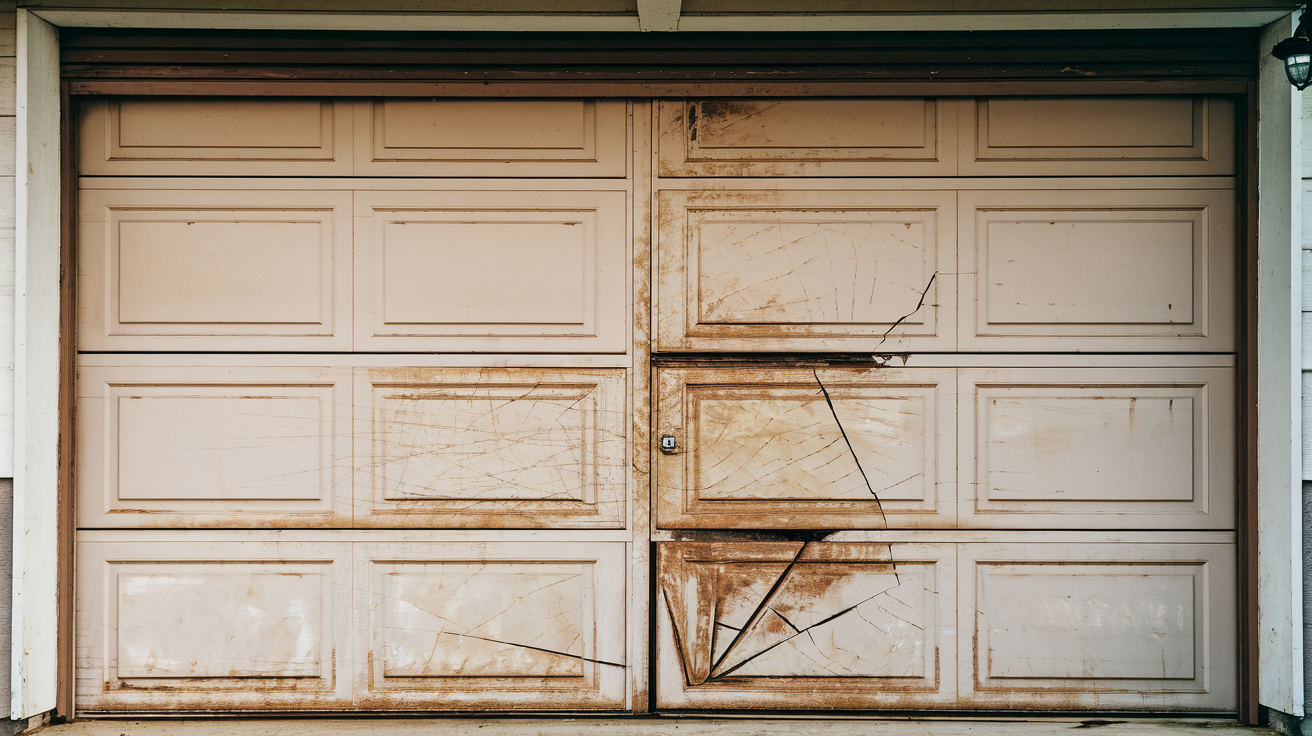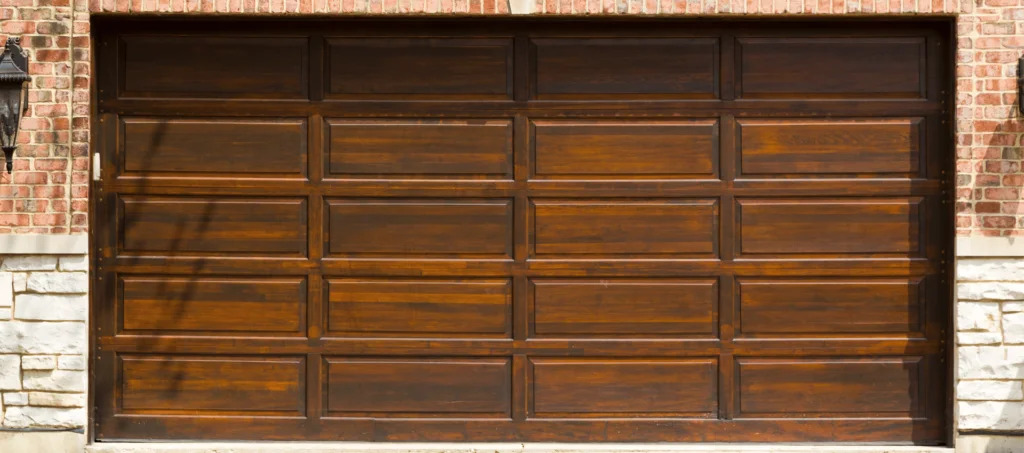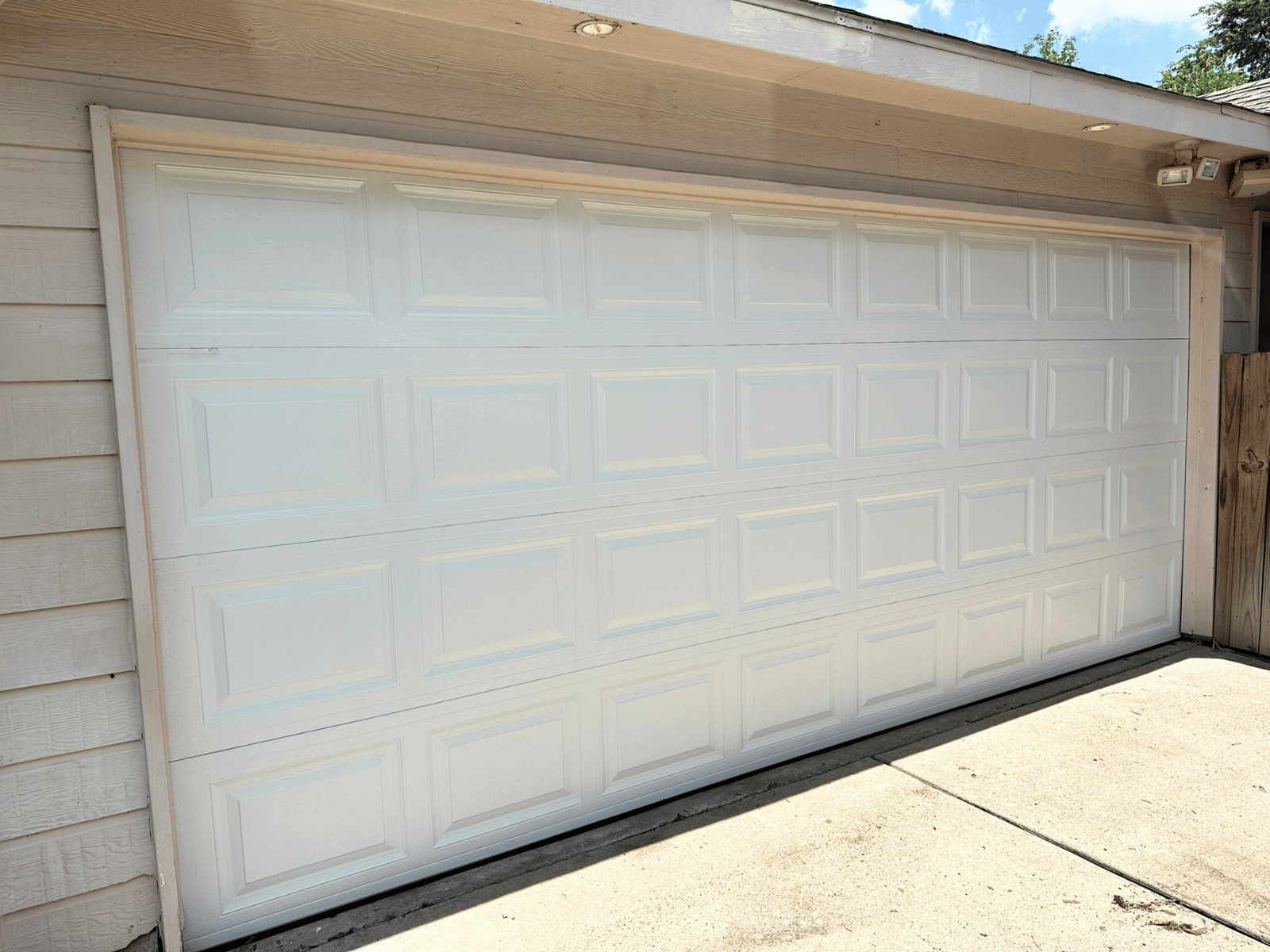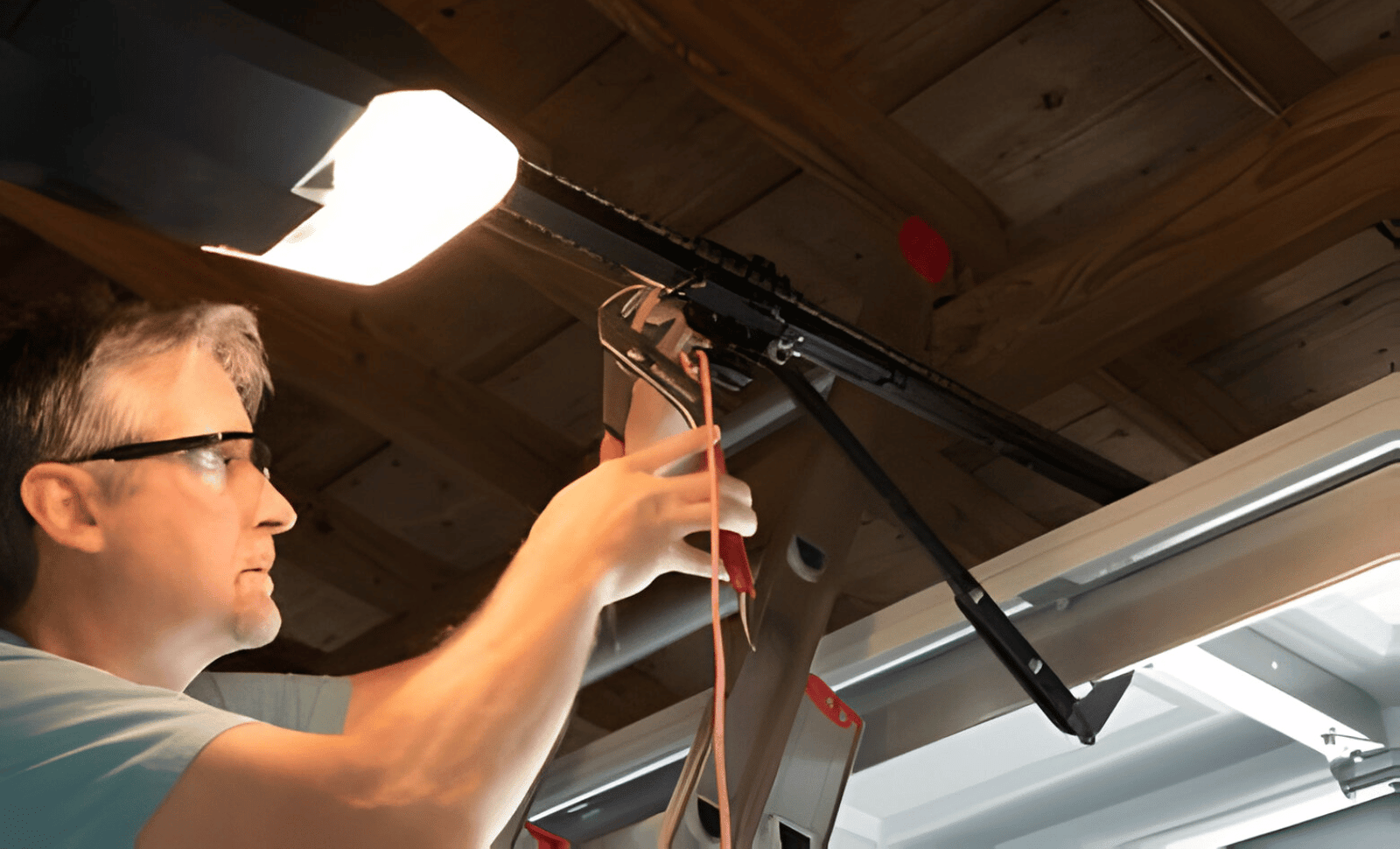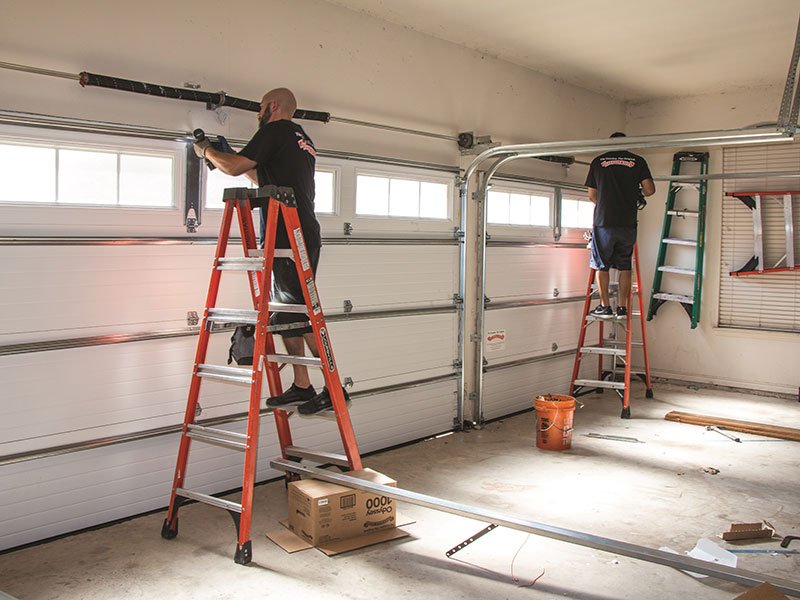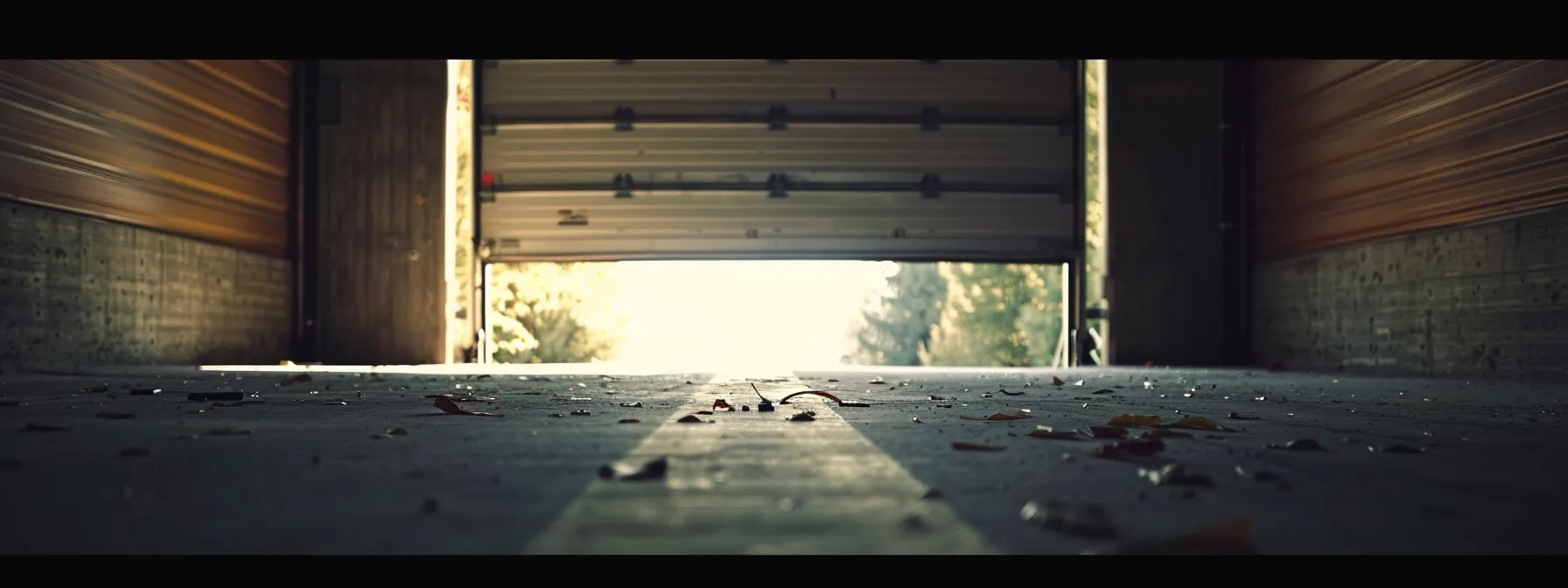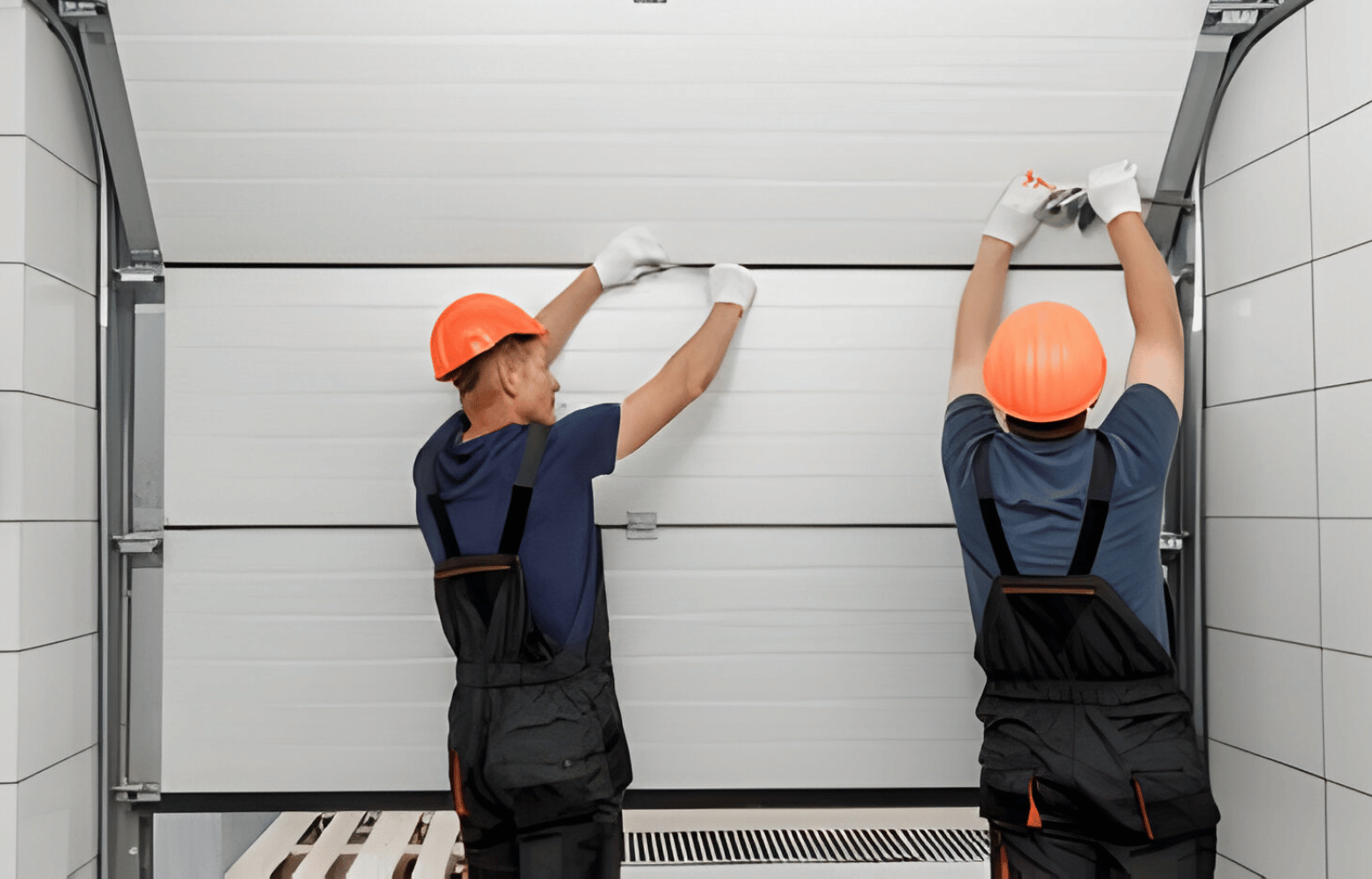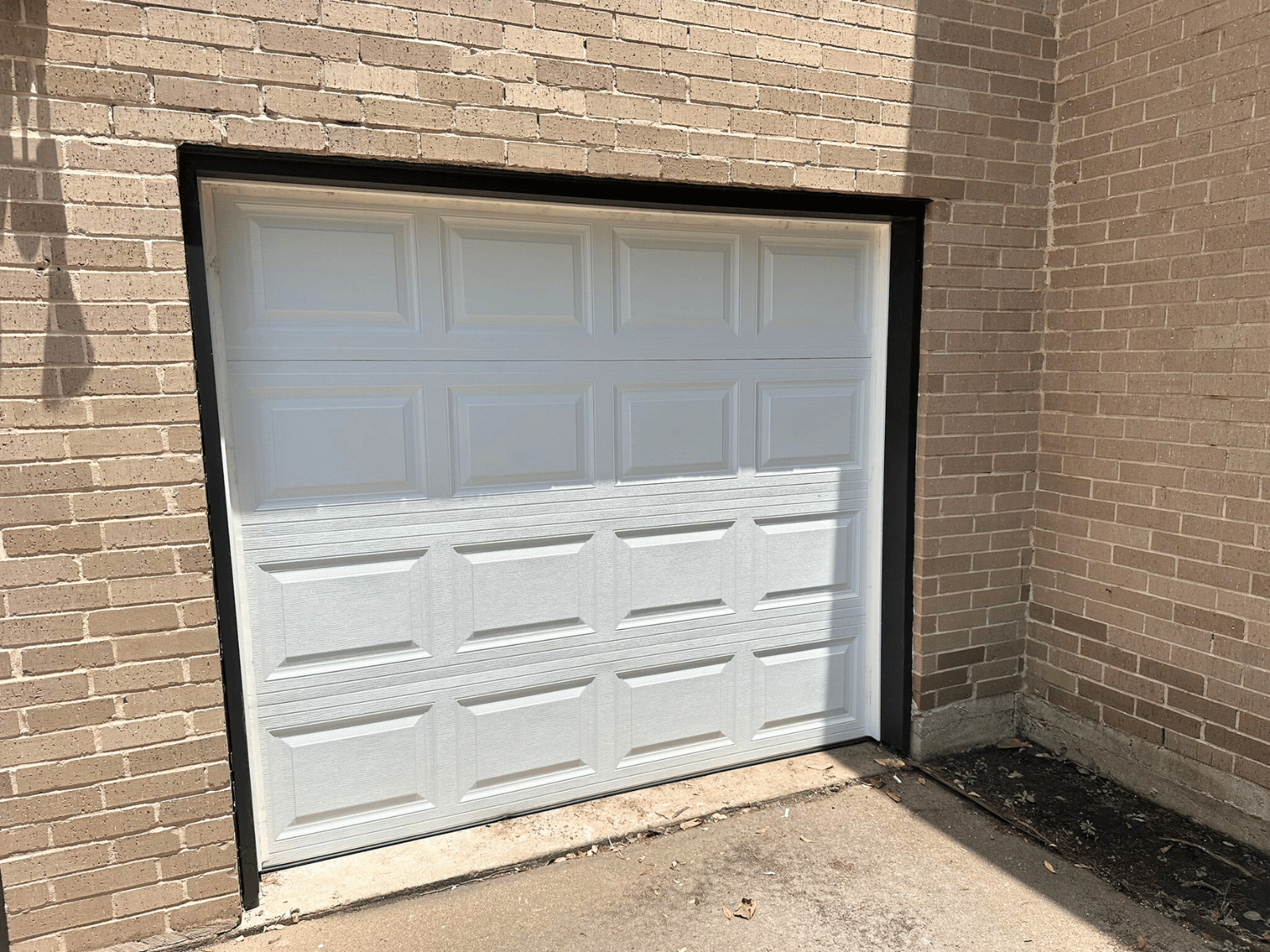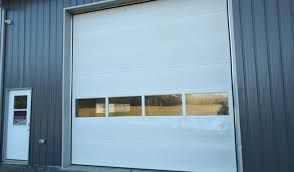Garage Door Maintenance Tips | Garage Door in Top Condition
Maintaining your garage door is essential to ensure its smooth operation and longevity. Whether it’s for your home or business, a well-maintained garage door enhances security and convenience while preventing unnecessary repairs. Garage door maintenance tips provide helpful advice to extend the life of your door and its components, saving you time and money. By taking proactive steps, you can avoid major breakdowns, reduce the risk of accidents, and maintain the overall efficiency of your garage door. In this guide, we’ll explore some simple but effective maintenance tips that can prevent costly repairs and enhance the security of your garage. Regular maintenance is an investment that pays off by ensuring your garage door operates smoothly and safely for years to come. Importance of Regular Garage Door Maintenance Regular maintenance is not just about keeping your garage door looking good; it’s about ensuring it functions properly and safely. Many issues can develop over time, often going unnoticed until they cause significant problems. The key to preventing such issues is garage door maintenance tips that focus on early detection and timely intervention. Identifying Potential Issues Early: Regular checks help identify problems before they escalate. Issues like worn-out springs, misaligned tracks, or faulty sensors can cause a complete failure of the door if not addressed early. Ensuring Safety and Security: A malfunctioning garage door can pose serious safety risks, especially if it suddenly falls or fails to close properly. Regular maintenance ensures that your door remains secure and functions as intended. By adhering to regular maintenance tips, you ensure that your garage door remains a safe and reliable access point to your property. Types of Garage Doors and Their Maintenance Needs There are various types of garage doors, each with its own set of maintenance requirements. Understanding these needs is essential for keeping your garage door in optimal condition. Here are the most common types of garage doors and their specific maintenance tips: Sectional Garage Doors: These are the most common type and consist of panels that slide upward along tracks. Regularly inspect the tracks, hinges, and springs for wear, and lubricate the moving parts. Roll-Up Garage Doors: Typically used in commercial settings, roll-up doors need regular inspection to ensure the coil mechanism is functioning properly. Carriage House Doors: Known for their aesthetic appeal, carriage house doors need frequent inspection of the hinges, track systems, and springs to ensure smooth operation. Knowing the specific maintenance needs of your garage door type can help you keep it functioning efficiently and prevent breakdowns. How to Inspect and Maintain Your Garage Door Springs Garage door springs are one of the most important components, as they are responsible for lifting and lowering the door. Springs can wear out or become damaged over time, causing the door to malfunction. Garage door maintenance tips for springs can help you avoid costly repairs and keep your door in optimal condition. Inspect the Springs Regularly: Check for signs of wear, rust, or damage. If the springs appear stretched or cracked, they may need to be replaced immediately. Balance the Door: To test the balance, disconnect the opener and manually lift the door halfway. If it stays in place, the springs are properly balanced. If it moves, the springs may need adjustment or replacement. Spring maintenance is crucial for the smooth operation of your garage door, as well-maintained springs reduce the risk of the door failing and ensure it opens and closes smoothly. Tracks and Rollers The tracks and rollers ensure that your garage door moves smoothly and aligns properly. If these components become dirty, damaged, or misaligned, the door may become stuck or operate unevenly. Regular garage door maintenance tips for tracks and rollers can help prevent issues that lead to costly repairs. Cleaning the Tracks: Over time, dirt and debris can accumulate in the tracks, making it difficult for the door to move smoothly. Use a damp cloth or mild cleaner to wipe down the tracks and remove any buildup. Lubricating the Rollers: Apply lubricant to the rollers and tracks to reduce friction. This will ensure the door operates smoothly without excessive wear. Checking for Misalignment: If the door moves unevenly or makes loud noises, it could be a sign that the tracks are misaligned. Make sure the tracks are securely fastened to the frame and aligned properly. By regularly cleaning and lubricating the tracks and rollers, you ensure smooth, quiet operation and prevent unnecessary wear on the door system. Importance of Testing Garage Door Safety Features Safety features like automatic reversal and sensors are built into modern garage doors to prevent accidents. These features should be tested regularly to ensure they are working correctly. Garage door maintenance tips for safety features can help protect your family and pets from potential harm. Test the Auto-Reverse Function: Place a small object (like a piece of wood) in the door’s path and close it. If the door doesn’t reverse automatically when it hits the object, the sensors may need adjustment or repair. Check the Safety Sensors: Make sure the sensors at the bottom of the door are aligned. If they are misaligned, the door may fail to close or reverse unexpectedly. Ensuring that your garage door’s safety features are functioning properly is essential for preventing accidents and ensuring the safe operation of the door. How to Maintain Your Garage Door Opener Your garage door opener is the heart of the system, responsible for automatically opening and closing the door. Over time, openers can develop issues that affect their functionality. Garage door maintenance tips for the opener can help prevent malfunctions and ensure it continues to work efficiently. Lubricate the Opener Chain: If your garage door opener uses a chain or belt-drive system, it’s important to lubricate the chain periodically to reduce noise and wear. Check the Opener’s Response: Test the opener by opening and closing the door several times. If you notice any lag or unusual sounds, it may indicate that the opener needs servicing or adjustment. Adjust the Sensitivity: Garage
